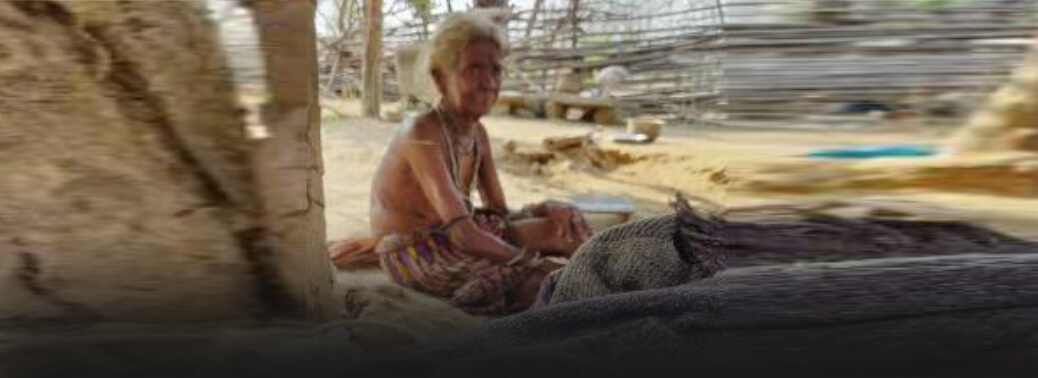DEEP IN MAOIST TURF, NO SIGN OF POLLS
10, Apr 2019

Prelims level : Rights Issues
Mains level : GS-III Technology, Economic Development, Bio diversity, Environment, Security and Disaster Management
Why in news?
- For years, in dandakaranya villages many have not seen a candidate.
Details:
- Nearly a year after around alleged 40 Maoist guerrillas were gunned down by security forces near the village described by civil rights activists as a “questionable” encounter, some 27 families continue to live in the shadow of fear. The village seems to have completely missed out on the biggest celebration of Indian democracy — the Lok Sabha election.
Inaccessible booths
- Many villagers do not have a voter identity card. Several inhabitants also suffer from infectious ailments such as impetigo and eczematous dermatitis — evidence of abject poverty — making it near impossible for them to walk to the nearest polling booth.
Rare sighting
- The village lies at the end of the barely motorable road, which cuts through the dense
- beauty of Dandkaranya, at the heart of central India’s Naxal movement. Deep inside the forest, a ‘candidate’ is almost an extinct species
Naxalite:
- The term Naxal derives from the name of the village Naxalbari in West Bengal, where the Naxalite peasant revolt took place in 1967.
- Naxalites are considered far-left radical communists, supportive of Mao Zedong s political ideology. Initially, the movement had its epicentre in West Bengal. In later years, it spread into less developed areas of rural southern and eastern India, such as Chhattisgarh Odisha Andhra Pradesh and Telangana through the activities of underground groups.
- The areas under the Naxal control are today referred to as the Red Corridor.
Why progress in such areas are slow?
- Weak execution of the programmes and policies Disconnect between the central and the state governments
- Funds allocated are misappropriated or simply do not yield result. The Tribal Advisory Councils have not functioned effectively
- Ill-trained administrative personnel. Ignorance of the tribal people regarding the laws of the land leading to their easy exploitation along with the denial of justice
- Deforestation, exploitation, loss of land leading to unemployment and curtailment of their traditional right to access the forest
Government Efforts:
- ‘Police’ and ‘Public Order’ being State subjects, action on maintenance of law and order lies primarily in the domain of the State Governments.
- Filling up critical infrastructure gaps under the Scheme for Special Infrastructure in Left Wing Extremism affected States. Assistance in training of State Police through the Ministry of Defence. Assistance in community policing and civic action programmes
- National Policy and Action Plan to address Left Wing Extremism’, aimed at eliminating the
- menace in the shortest possible timeframe. Anti-left-wing extremism (LWE) policy to enhance the deployment of central forces in the Naxal infested areas in the state






